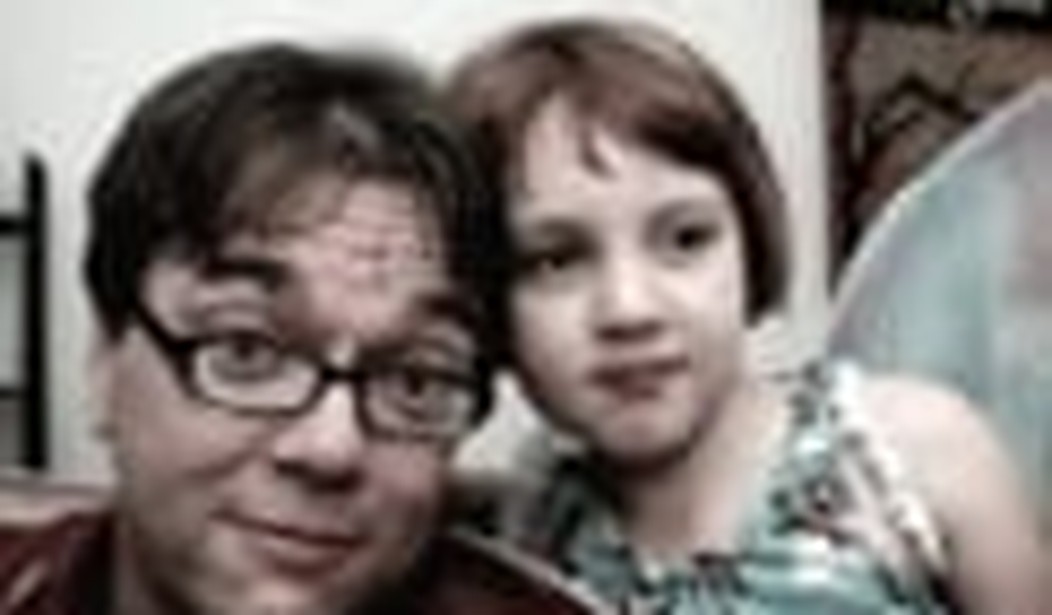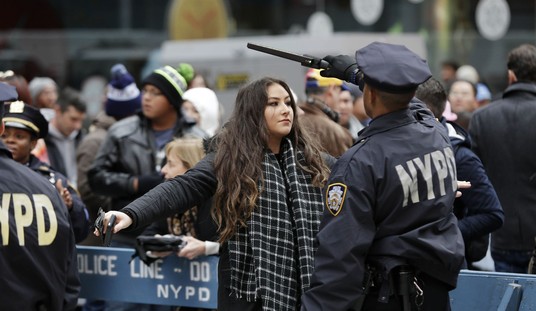Sometimes I love it, and sometimes I hate it a little, but even on the best of days, I occasionally look around and wonder to myself, “How did I end up in Plano, Texas?” It’s a silly question, though, because the answer is big, the biggest thing in my life, and the thing for which I do everything of value.
We’re here for Schuyler.
When my daughter was diagnosed in 2003 with a rare neurological disorder called polymicrogyria, we were living in New Haven, Connecticut. We’d moved there from the Detroit area shortly after Schuyler was born, because, and I say this with love, there was no way we were going to raise our little girl in Detroit. The schools in Connecticut were rated as some of the best in the country, by golly; meanwhile, shortly after Schuyler’s birth, a six year-old student in Detroit brought a gun to school and shot another six year-old to death. Watching this on the news with our new baby, my wife and I felt that it was a pretty straightforward choice.
But by the time we discovered the cause of Schuyler’s persistent speech delay, the limitations of the New Haven schools had already become clear to us. Like many special needs parents, we were discovering the reality of education in this country. There are two worlds in American education, one for the neurotypical (or “normal”, I suppose) kids and one for the broken. In Connecticut as in much of the nation, special needs students, those often overlooked and unsexiest of student populations, faced an uphill struggle for services. Schuyler spent most of her days in a special education class, quietly seated off to the side while the teachers and their assistants spent all their time and energy taking care of children with severe autism and Down syndrome. It was understandable; many of these students would injure themselves or others if they weren’t supervised this way. But it was a poor environment for Schuyler.
We moved to Austin to be closer to the rest of my Texas family, and we were originally encouraged by the presence of the Texas School for the Deaf and the state’s mental health facility headquarters in Austin. But the reality of Schuyler’s school situation didn’t improve all that much, and once she began using a high-tech speech device to communicate, the school’s limitations began to seriously impede Schuyler’s development.
I suppose the greatest disappointment about Austin was that the town itself suited our lefty, progressive, dirty hippie beliefs more than any other place we’d ever lived. When we discovered, almost by accident, that there was a school district about 200 miles away that had a top-rated special education program AND an entire class devoted to kids who used devices like Schuyler’s, we were obviously thrilled.
The fact that it was Plano?
Well, we were concerned.
It wasn’t that there was anything wrong with Plano. It just felt like someone else’s town. In 2005, the Bay Area Center for Voting research rated Plano as the fifth most conservative city in America. The year before, seventy-one percent of Collin County voted for George Bush in the presidential election. It was a town filled with McMansions, monster truck-sized SUVs with soccer team banner stickers in the windows for kids with names like Ashleigh and Madison, and megachurches with membership rosters numbering in the tens of thousands. It was a new planet for us.
And it had public schools (of interest to special needs parents since private schools aren’t regulated by the same federal mandates for disabled kids) that could help Schuyler.
We’ve been in Plano for two years, and as we expected, Schuyler has thrived in her new environment. Unexpectedly, however, so have we. Our snotty liberal politics haven’t changed, but we’ve come to appreciate that the people in our community want the same things we do for our kids, and if they are bothered by our differences, they keep it to themselves. Just as Schuyler has been accepted for her differences, we have as well, and I might just have learned a few things about tolerance myself. It’s entirely possible.
Special needs parents make choices, and some of those choices are difficult. We live like gypsies, packing up and following hope, and lucky ones like my family eventually find it.
In a perfect world, the educational possibilities for all kids, not just the neurotypical, would be equally available to everyone. In that perfect world, no kids would fall through the cracks, and no parents would despair over the battles fought and lost for their kids. We wouldn’t need to move and restart our lives, gambling on the ever-elusive chance that here, maybe, in this new place, someone will get our child. We’d have the same opportunities as anyone else.
While I’m fantasizing, maybe I should wish for a pony.
Robert Rummel-Hudson’s book, %%AMAZON=0312372426 Schuyler’s Monster: A Father’s Journey With His Wordless Daughter%% will be published in February 2008. He blogs at Schuyler’s Monster









Join the conversation as a VIP Member